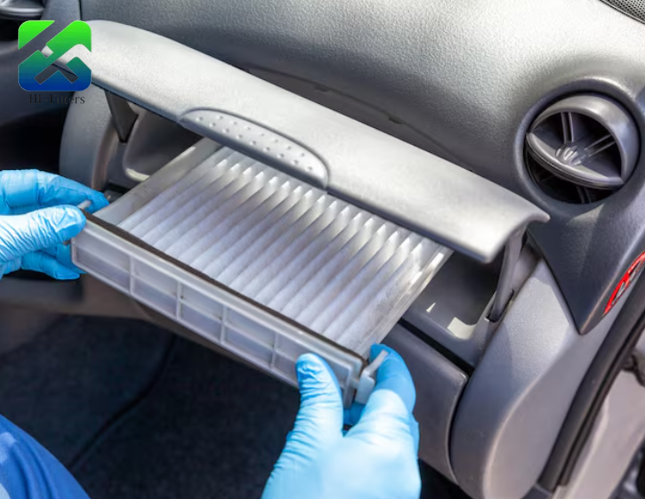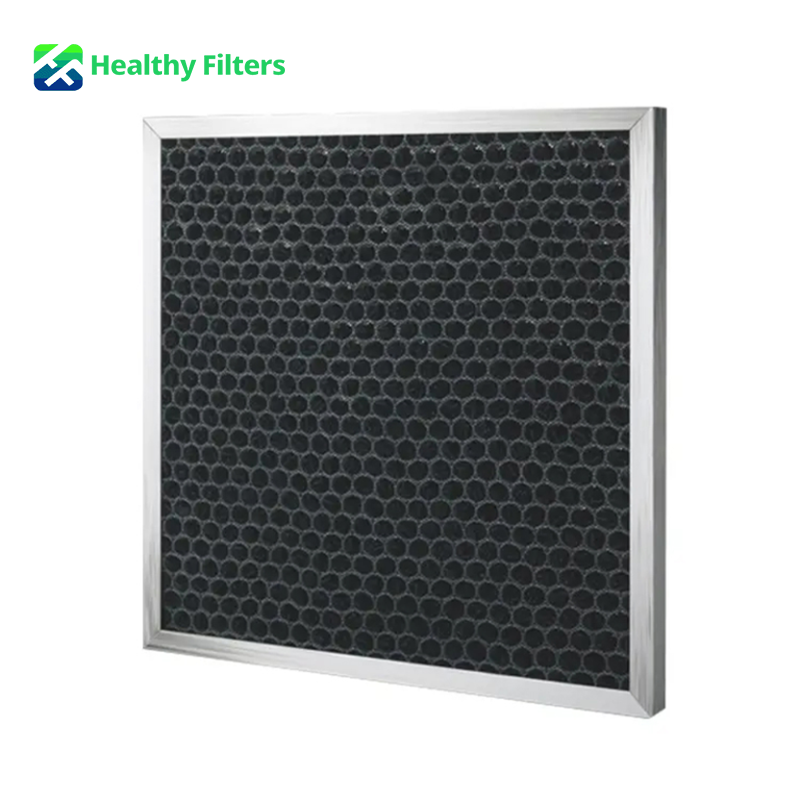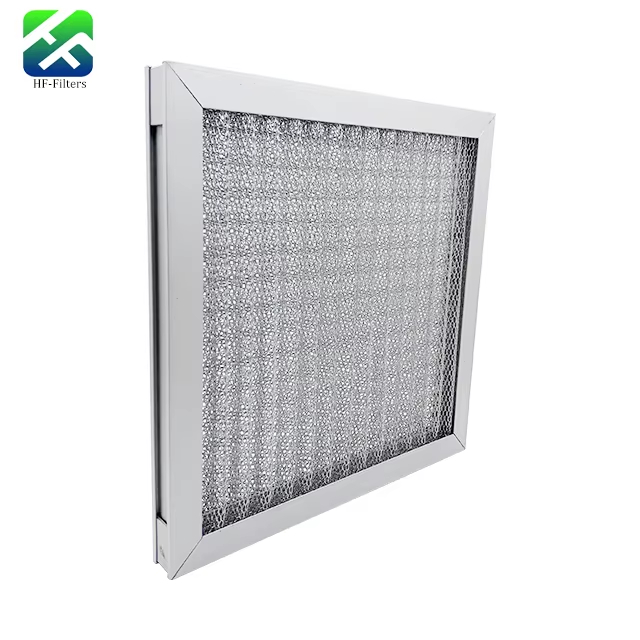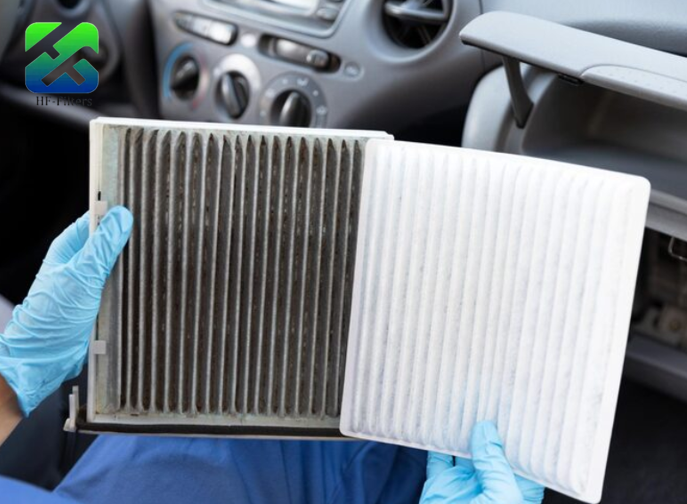Getting your vehicle to run well begins with clean air filters. They guard your engine and make cabin air nice to breathe. How long they last depends on where you drive and how you use your car. Dirty filters can block the engine, lower gas mileage, or let allergens sneak in, making you feel off. If you’re curious about keeping it at its best, this guide helps. Meet Healthy Filters, a company from Shenzhen, China, started in 2016. They make great air filtration stuff like air purifier filters, humidifier filters, and filters—HEPA, activated carbon, and pre-filters—for homes, offices, and cars. Their gear has ISO9001 certification plus CE, ROHS, SGS, FCC, ETL, and UL approvals. A 30 cubic meter CADR testing spot checks quality. With a warehouse in Nashua, USA, they send things fast. Their OEM flexibility lets you get custom fits too. Built a solid name across the globe, they keep car air fresh and engines humming.

How Often Should You Change Your Vehicle’s Air Filters for Peak Performance?
Your vehicle’s air filters play a big role in how well it runs. They keep dust and dirt out of the engine while ensuring cabin air stays breathable. Knowing when to change them keeps performance top-notch and avoids costly repairs. The timing varies, so let’s break it down.
Recommended Replacement Intervals
Follow your car manual, usually suggesting a swap every 12,000-15,000 miles. Healthy Filters’ Metal-Backed Pleated Carbon Filters last long with their durable design, holding up to tough conditions. Adjust if you drive a lot, aiming for yearly changes in normal use.

Driving Condition Adjustments
Heavy traffic or dusty roads speed up filter clogging. Check them every 10,000 miles in cities or 8,000 miles off-road. Healthy Filters’ pre-filters, like HF-220 with 600 g/m² dust capacity, handle rough terrain well.
Seasonal Considerations
Heat and humidity wear filters faster. Replace every 6-12 months in extreme weather. Their washable filters, such as those from the pre-filter media series, stretch use with regular cleaning.
What Signs Indicate It’s Time to Replace Your Air Filters?
You might not notice at first, but your car will hint when filters need changing. Poor airflow or odd sounds can signal trouble, affecting both engine and comfort. Spotting these early saves you headaches down the line.
Reduced Airflow from Vents
If your AC or heater blows weak, a clogged filter could be the culprit. Healthy Filters’ Wholesale Customized Anti Bacterial Media Air HEPA Filter boosts airflow with its low pressure drop.
When driving long distances, it can filter out pollen or pet dander from the roadside, reducing allergies. For example, upgrading the cabin filter of a Volkswagen Golf and combining it with an in-car UV lamp can enhance the antibacterial effect. However, the default size might be too large and requires OEM customization to fit vehicle specifications.

Unusual Engine Noises
Strange noises under the hood often mean airflow is blocked. The Metal-Backed Pleated Carbon Filters offer low resistance, keeping engines quiet. Look at filters during oil changes.
Poor Fuel Efficiency
A dirty filter makes your engine work harder, cutting mileage. Switch to Healthy Filters’ HEPA filters, which improve efficiency by trapping 99.97% of 0.3-micron particles. Track gas use; a drop signals a swap.
How Do Driving Conditions Affect Filter Replacement Frequency?
Where and how you drive changes how fast filters wear out. City streets or dusty trails put more strain on them than quiet roads. Knowing this helps you plan replacements better.
Heavy Traffic Exposure
City driving pumps pollutants into your filters faster. Healthy Filters’ carbon filters, with honeycomb designs, remove odors from traffic fumes effectively. Change every 10,000 miles in urban areas.
Dusty or Rural Roads
Off-road dust clogs filters quick. Use Healthy Filters’ HF-180 pre-filter, holding 500 g/m², for dusty routes. Swap every 8,000-10,000 miles to keep air clean.
Extreme Weather Conditions
Hot summers or wet seasons speed up wear. Healthy Filters’ washable G2/G3/G4 filters last longer with care. Check every 6-12 months, depending on your local climate.
Why Should You Prioritize Regular Filter Changes?
Skipping filter changes might seem fine, but it hurts your car over time. Fresh filters protect vital parts and keep air quality high. Here’s why staying on top of it matters.
Engine Protection
Clean filters stop debris from wrecking engine components. Healthy Filters’ Metal-Backed Pleated Carbon Filters offer strong support. Regular swaps avoid big repair bills.
Improved Air Quality Inside the Cabin
Fresh cabin air feels good and keeps you healthy. The Wholesale Customized Anti Bacterial Media Air HEPA Filter traps allergens, making drives pleasant. Change filters to dodge sneezy air.
Extended Vehicle Lifespan
Good maintenance stretches your car’s life. Healthy Filters’ customizable solutions fit your needs, boosting durability. Schedule changes to protect your ride’s value.

How Can Healthy Filters’ Products Help Maintain Peak Performance?
Wondering how to keep your car at its best? Healthy Filters brings products that match your vehicle’s demands. Their gear tackles dirt and smells, keeping everything running smooth.
Advanced Filtration Technology
Metal-Backed Pleated Carbon Filters use honeycomb carbon to zap odors. HEPA filters catch 99.97% of tiny particles. Cleaner air is a breeze with these.
Customizable Options for Vehicles
Tailored filters fit your car model just right. Healthy Filters’ OEM flexibility, a perk since 2016, ensures compatibility.
Reliable Support and Delivery
Fast shipping comes from their Nashua, USA warehouse. Their global rep, built across North America and Europe, backs quality service.
FAQ
Q1: Can I use the same replacement schedule regardless of my driving environment?
A: No; urban pollution levels or dusty rural roads significantly affect how often your filter should be replaced beyond manufacturer estimates.
Q2: Is upgrading worth it if I only drive occasionally?
A: Yes; even infrequent exposure to poor-quality air can accumulate over time affecting both health & mechanical performance negatively if left unchecked too long between services.
Q3: Do custom-sized filters affect warranty coverage?
A: Not if sourced through certified distributors who align product specs with OEM requirements ensuring compliance remains intact throughout usage lifecycle.





